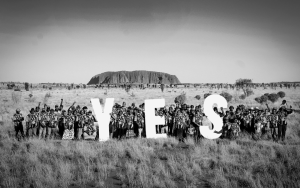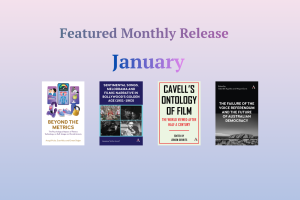Key issues in translation theory for practicing translators
This is an interview by B.J. Woodstein, author of Translation Theory for Literary Translators
Q: B.J., why did you choose to write this book?
A: As a teacher, I found that my students were scared of theory or thought it was irrelevant. I wanted to show that it wasn’t as hard as they thought and that they might really get a lot out of learning about it.
Q: In your book, you don’t spend much time on the biggest historical names in translation theory. Why not?
A: Well, I thought there were other books that already did that. I wanted to do something different and to introduce a greater diversity of thinkers, whose work I thought might feel meaningful to translators today.
Q: Can you give an example of some lesser-known ideas that you explore in your book?
A: I made an effort to discuss translation theories or approaches from around the world, so my book wasn’t simply Western-centric. I found the ideas from Israel especially fascinating, because history and culture there mean that translation takes on a different significance. Reading about that helped me formulate some of my ideas about nation-building.
Q: You’ve been a translator for over 20 years. What’s your relationship like with theory?
A: It has definitely changed over time. Early on, I certainly had some of that fear of theory that I see in lots of other people, so I’m very sympathetic. Nowadays, I think of translation theory as just one of many tools in my translator’s toolbox. I use concepts from it when it’s useful to what I’m working on.
Q: What do you think the most pressing concerns are in terms of translation theory?
A: At the moment, we’re talking a lot about identity, both in translation theory and in society more broadly. Questions include “Who is allowed to write about what?” and “Who should translate what sort of work?” and “How do your backgrounds influence how we translate?” It’s such a compelling topic that I included a whole chapter about it.
Q: What would you like to say to translators about theory?
A: Don’t be frightened of it! Translation theory is a hugely diverse and exciting field and there are ideas that will challenge and inspire you. Read an article here or a book there and take your time, allowing yourself to mull over and wrestle with the concepts. I hope my book will offer you a few possible directions to go in with translation theory.
Latest Posts

Voice, Democracy and the Future of Reform
This is a guest post by Gabrielle Appleby and Megan Davis, authors of The Failure of the Voice Referendum and the Future of Australian Democracy Don’t be fooled by...

Talk of the Town: Monthly Publishing Industry News Digest
Global publishing and research continue to shift under the pressures of technological change, policy reform and international collaboration. From market insights at major book fairs to debates around open access,...

Featured Monthly Releases – January 2026
January opens the year with a sense of renewal and momentum, setting the tone for the months ahead. Discover our featured releases for this month. The Failure of the Voice...

When the Mirror Lies: A Female Bodybuilder’s Battle with Fitness Tech and Body Dysmorphia
This is a guest post by Asegul Hulus, author of Beyond the Metrics: The Psychological Impact of Fitness Technology on Self-Image and Social Anxiety Six months have passed since I...

